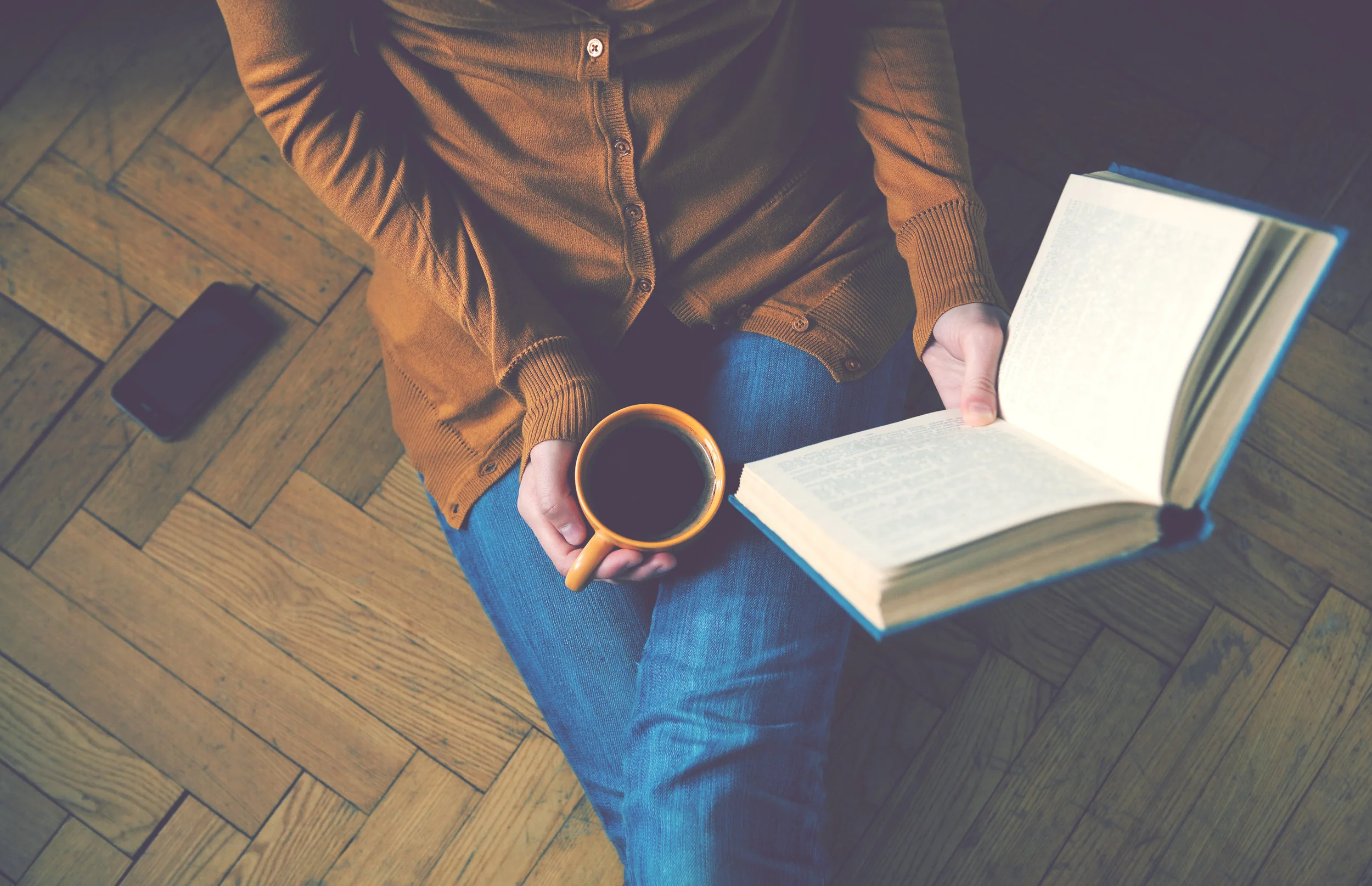I'd be delighted to join in on your book club discussion via Zoom at no charge (although honorariums are always appreciated!)
Book Club Discussion Questions - My Year of Living Spiritually
““This book inspired my book club’s most heated, hilarious and deeply touching discussions to date. We fiercely debated the meaning of spirituality, which activities were pseudoscience and we connected through the stories we shared about family, marriage, song, death, hallucinogens and moments in our lives that moved us. It’s an excellent book club choice.””
1. Bokma spends a year trying to live a more spiritual life. Do you think she succeeds? Why or why not?
2. What was the most woo-woo moment for you in the book? What was the most wonderful? Which of the spiritual practices described would you like to try?
3. What do you think of the term "spiritual-but-not-religious" (SBNR)? The book details how the SBNR have been accused of taking a "cafeteria-style approach" to belief, picking and choosing from spiritual practices rather than digging deeply into a single one. Do you think this criticism is fair? Why or why not?
4. Bokma was raised in the fundamentalist Canadian Reformed Church, which teaches that people are born sinful. Do you think we come into this world with original sin or with a clean slate? Do you think we need God to be good? Why or why not?
5. The author admits to being addicted to busyness and Netflix and maybe even wine—how do these things negatively affect her spiritual life? Is there something similar that's standing in the way of your spiritual growth?
6. Do you pray? If so, what do you pray for? When was the last time you consciously gave thanks?
7. The author goes on a pilgrimage to Henry David Thoreau's Walden Pond in Concord, Massachusetts, to learn more about the lives of the nature-loving transcendentalists. Have you ever gone on a pilgrimage or would you like to embark on one? Where to and why?
8. When was the last time you sang out loud? What's one song that's guaranteed to make you cry? If you were to make a playlist of your life, what songs would be included?
9. The book cites a study that reveals the average woman criticizes herself eight times a day. How harsh or how kind is your self talk? Has this changed over the years?
10. What are your thoughts about the author's relationship with her mother? Do you think reconciliation is possible? What is/was your relationship like with your mother? Are there any similarities?
11. Bokma considers the factors that shaped her mother's early life. What challenges do you think your own mother might have faced before she had you or when she was a young mother?
12. How do you think it would affect your familial relationships if your children, parents or siblings had dramatically different spiritual/religious views from you?
13. Do you think parents should love/accept their children no matter what their children believe? What if parents find their child's beliefs abhorrent?
14. Have you ever tried psychedelics? If so, what was the experience like? Are you curious about holotropic breathwork or psilocybin (magic mushrooms)? If so, what issues in your life would you hope to gain insight on?
15. The author reports on studies that show one in four women is taking a psychiatric medication and 35% of people in midlife say they are lonely. Why do you think so many people feel sad and alone?
16. In what ways have you tried to cultivate community?
17. The book states that death is the last great spiritual experience. Have you thought about your own death? What do you consider an ideal death? Have you done anything to prepare for your own death?
18. Do you believe in the supernatural? Do you think there is life beyond death? That we have past lives? Do you believe that it's possible to communicate with loved ones after they die?
19. Have you ever engaged in any "new age"-style practices, such as crystals, chakra balancing, tarot, reiki or past life regression? If so, how did any of these affect you?
20. After reading "The Life-Changing Magic of Tidying Up" by Marie Kondo, the author got rid of many of her possessions. What would be the hardest items for you to say goodbye to? What would be the easiest?
21. How do you feel about what happens in the author's marriage? Did anything about the author's relationship with her husband resonate with you? If so, what?
22. The book's final chapter is titled Letting Go. Is there something in your life that you you'd like to be able to let go of?
23. Did this book change any of your views on religion and/or spirituality?






